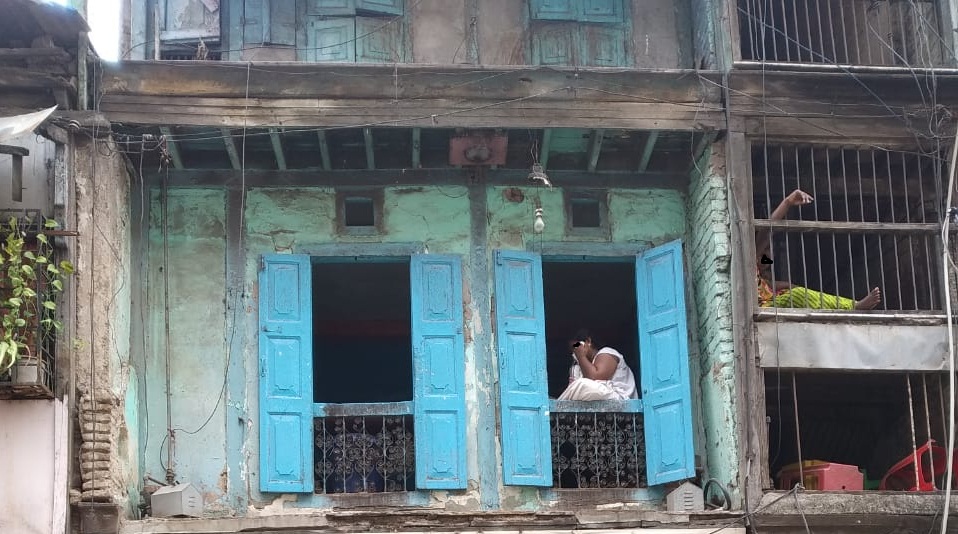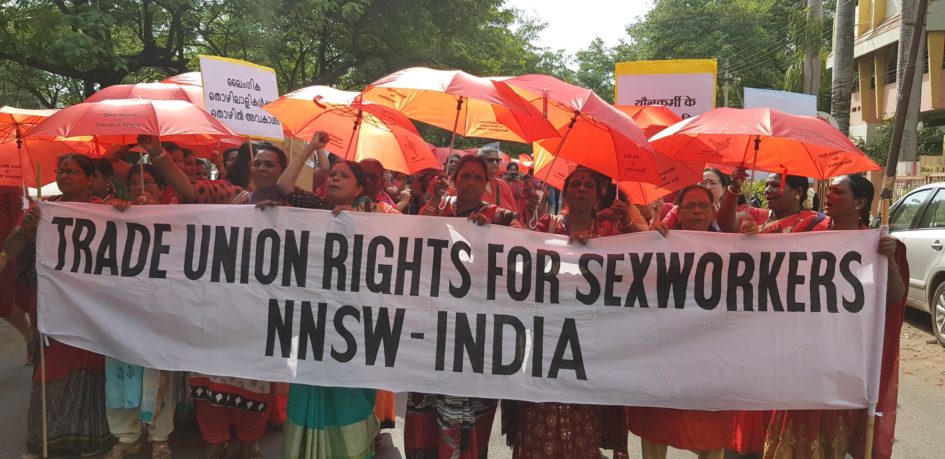
Finally, after years of negligence, India’s sex workers have been recognised as the ‘Women at Work’. The National Human Rights Commission (NHRC) has issued an 11-page ‘Human Rights Advisory on Rights of Women in Context of COVID-19’ in which it has recognised the sex workers under the informal workers’ sector and advised the centre and state to provide beneficiary schemes to the economically-vulnerable section on Wednesday.
The National Network of Sex Workers (NNSW) had submitted a six-page of recommendations to the NHRC expert committee for inclusion in the COVID advisory in August 2020. Based on which the commission has recognised and included most of the recommendations given by the network group of 19 organisations across India. The activists stated that it is a ‘welcome classification, sex workers have been included under the category Women at Work’.
The NHRC had constituted a ‘Committee of Experts on the impact of COVID-19 pandemic on Human Rights and Future Response’ in order to assess the impact of the pandemic on the realisation of the rights of the people, especially the marginalised/vulnerable section of the population. The advisory has mentioned several clauses for women workers like Accredited Social Health Activists (ASHA), Anganwadi workers, migrant and unorganised work, adolescent girls, women in prisons.
‘Sex workers’ can access rightful benefits’
“This is like a ray of hope to us, especially for the sex workers’ community who were totally unrecognised in the workers’ community so far. Now they have found a place in the informal sector, this recognition is also huge. NHRC has accepted seven of our demands and included them in the advisory. The Supreme Court too had directed the centre to ensure that sex workers across the nation are given monetary assistance and food and other essential amenities. Now the advisory has further enabled the sex workers’ access to rightful benefits from the government,” said Tejaswee Sevekari of Saheli Sangh, Pune. She also said that women in Budhwar Peth celebrated the ‘recognition’ by distributing sweets to each other.
“One critical part that must be leveraged is the recommendation for recognition as informal sector workers. ‘Sex workers may be recognised as informal workers and be registered so that they are able to get worker benefits’. Pushing this is one way of expanding the envelope of benefits /services in times of COVID. It is a long-standing demand of the worker movement and comes at a very timely juncture,” said Meena Seshu, a sex workers’ right activist and founder of NGO, SANGRAM.
Economic vulnerability of the already stigmatised section due to lockdown
NHRC stated that lockdown had led to sudden unemployment in the informal sector with no alternate sources of money, food or shelter. This disproportionately affected the women who comprise a substantial proportion of such workers. The economic vulnerability of those involved in work that is already stigmatised such as sex work has increased exponentially as the nature of sex work demands physical contact, which is avoided in COVID-19 times. HIV positive sex workers are unable to access antiretroviral therapy, which is essential for their survival and many sex workers are outside the purview of government schemes as they lack identity documents.
The NHRC hailed seven demands out of 14 put forth by the NNSW. They are:
- State Governments should immediately instruct districts to provide assistance and relief as has been done by the Government of Maharashtra, vide its order dated July 23, 2020 (Department of Women and Child, Government of Maharashtra)
- Recognition of sex workers as informal workers and their registration so that they are able to get worker benefits.
- Temporary documents may be issued that enable them to access welfare measures such as PDS, as many don’t possess ration cards or other citizenry documents.
- Migrant sex workers included in schemes and benefits for migrant workers.
- Recognize that sex workers in non-traditional living arrangements are prone to domestic violence from partners and family members. Encourage Protection Officers to recognize and act on reports of violence against women.
- Ensure access to free testing and treatment of COVID-19 and also provide soaps, sanitisers, and appropriate masks to all sex workers at different localities.
- Ensure access to healthcare services, especially for the prevention of HIV, and other sexually transmitted infections and their treatment.
- https://nhrc.nic.in/sites/default/files/Advisory%20on%20Rights%20of%20Women_0.pdf

Leave a Reply